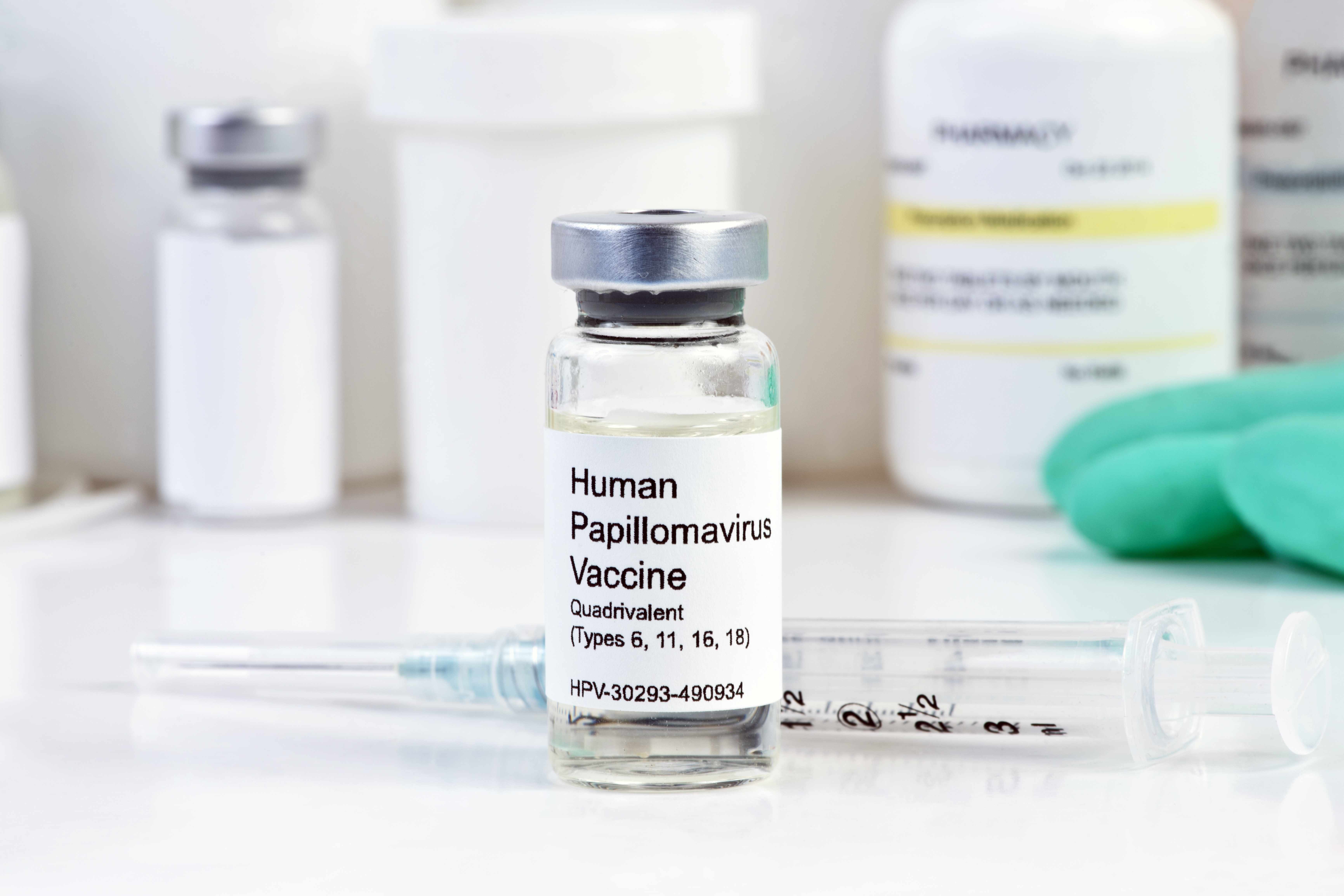-
Cancer
Infectious Diseases A-Z: New evidence the HPV vaccine works
 New research shows that young women between 15 and 26 who receive the HPV vaccine are protected against cervical lesions, according to findings published by the Cochrane Library.
New research shows that young women between 15 and 26 who receive the HPV vaccine are protected against cervical lesions, according to findings published by the Cochrane Library.
“The new systematic review published by the Cochrane pulls together evidence from 26 trials with more than 75,000 participants. The review found high-certainty evidence that the human papillomavirus, or HPV, vaccine protects against cervical precancer lesions and doesn’t have serious adverse effects," says Dr. Robert Jacobson, a pediatrician at a Mayo Clinic.
Watch: Why the HPV vaccine is important.
Journalists: Broadcast- quality sound bites are in the downloads
Dr. Jacobson urges parents to get their children fully vaccinated. "This is a miracle vaccine. We’re talking about an infection that’s ubiquitous. By the time we’re 50 years of age, 80 percent of us have been infected."
"We’re talking about a vaccine that’s nearly 100 percent effective without any significant side effects," says Dr. Jacobson. "Parents should be making every effort to get their children vaccinated now and not wait until later. There will be no better time to get it done. Just do it now."
What is HPV?
There are more than 150 variations of HPV, according to the Centers for Disease Control and Prevention (CDC). HPV may cause warts. HPV infection also may lead to various types of cancer, including of the cervix, vulva, vagina, penis, anus, throat and mouth.
HPV is transmitted through intimate, skin-to-skin contact, usually through vaginal, anal or oral sex with someone who is infected with the virus. The CDC says almost all sexually active young people will get HPV at some point in their lives, but most will not be aware of having it. The body often fights off the virus before HPV causes health problems. But, if it cannot, the result may be genital warts or cancer.
"The federal government’s Advisory Committee on Immunization Practices, along with the major medical academies in the U.S., recommend all 11- to 12-year old boys and girls get the HPV vaccine," says Dr. Jacobson. "Children can start as young as 9 years of age. Females 13 years through 26 should catch up, as should males 13 through 21 years. Those starting the series before 15 years of age only need two doses. Those 15 years and older will need three. Additional recommendations apply for those with high-risk conditions."







